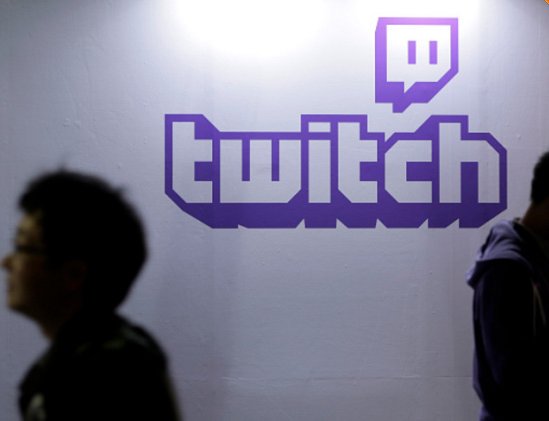
Video game streaming platform Twitch has long taken a proactive stand against harassment, with a detailed set of community guidelines and tools like AutoMod intended to protect streamers and viewers alike. But an update to those guidelines announced on Thursday caught our eye because it expands that protection to encompass other online platforms, to some extent.
As Twitch put it in a blog post announcing the changes, “we will now consider verifiable hateful or harassing conduct that takes place off-Twitch when making moderation decisions for actions that occur on Twitch. If you use other services to direct hate or harassment towards someone on Twitch, we will consider it a violation of Twitch’s policies.”
In other words, harassing comments left on a streamer’s YouTube or Twitter account (or anywhere else “off-Twitch”) could now contribute to the harasser being banned from Twitch. As far as we’re aware, it’s rare for a content-moderation policy to extend beyond a platform’s own virtual walls and to conduct on the wider Internet.
This new policy doesn’t mean Twitch will be actively monitoring other platforms for harassment of its streamers or anything like that. But now, “when filing a report, users can provide documentation that illustrates harassment from any source,” a Twitch spokesperson told Ars. That specifically includes “things like public-facing social media sites,” the spokesperson said, “but we will only factor in instances we can personally verify.”
Twitch told Ars that no specific incident led to the new community policy, but that it is a response to a general problem some users have been facing. “People would occasionally cite public-facing harassment happening on other platforms to support a claim, but our policy had been limited to things happening only on our service,” Twitch said. “While it isn’t a widespread issue, it’s important that our community has this option.”
On the one hand, this kind of cross-border expansion of community guidelines could help stifle committed harassers who essentially flood users with aggressive messages across multiple online platforms. If other popular social platforms rolled out similar guidelines, they could make it much tougher for harassers to follow their targets after being blocked from one mode of communication.
On the other hand, there’s something a bit odd about applying your own rules to behavior that takes place elsewhere on the Internet. Theoretically, under this system, a Twitch user could be punished for comments that were not considered harassment where they were posted, but which were considered harassment under Twitch’s specific guidelines.
The whole thing reminds us a little bit of schools trying to punish students for actions that happen outside of school, for good or for ill. Whether these kinds of policies end up closer to commonsense protections or intrusive overreach depends on the specific way they’re enforced, of course, and we’ll be watching with interest to see how Twitch’s new policy plays out.
https://arstechnica.com/?p=1258069

